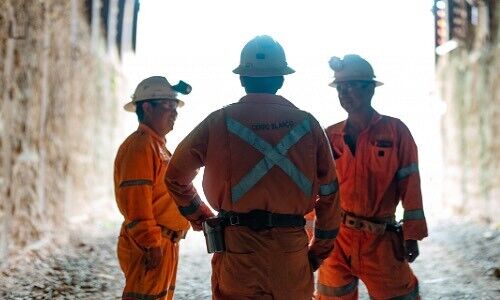Credit Suisse and a company owned by a U.S. politician are close to a Greensill-related legal settlement.
After seemingly endless negative Greensill-related headlines for Credit Suisse, there is finally some good news with the lender and a company owned by an American politician close to reaching a $690 million settlement, according to a story in the «Financial Times» (behind paywall) on Monday.
Bluestone Resources, owned by West Virginia governor Jim Justice, owes Credit Suisse clients $690 million after borrowing heavily from Greensill Capital, which collapsed in March of last year.
Reaching a Settlement
Part of the settlement agreement calls for Bluestone to step up mining production and make a regular stream of payments to Credit Suisse. Under the terms of the agreement which could be signed within weeks, the Swiss lender would also have an option on funds generated from a potential sale of mines at a later date, the «FT» said citing people familiar with the proceedings.
Last September a settlement was dropped in which Bluestone would pay Credit Suisse $300 million and half the funds generated from the sale of the mining operations, which relied on the company securing a $300 million refinancing agreement. The deal fell through when Bluestone could not secure financing.
The new agreement is not reliant on third-party financing and is more attractive to Credit Suisse given high coal prices.
«Credit Suisse Asset Management continues to pursue all available avenues for recovery of the funds on behalf of our investors; this remains our priority,» according to a statement from the bank.
Additional Cases
Last week, Credit Suisse broke off negotiations with Sanjeev Gupta's GFG Alliance, triggering insolvency hearings in a U.K. court. GFG owes Credit Suisse investors over $1 billion related to borrowings linked to Greensill.
Another former client of Greensill, Katerra, is being pursued by Credit Suisse for $440 million.
In April, Credit Suisse said it might not be able to make up for its Greensill losses for at least another five years.


























